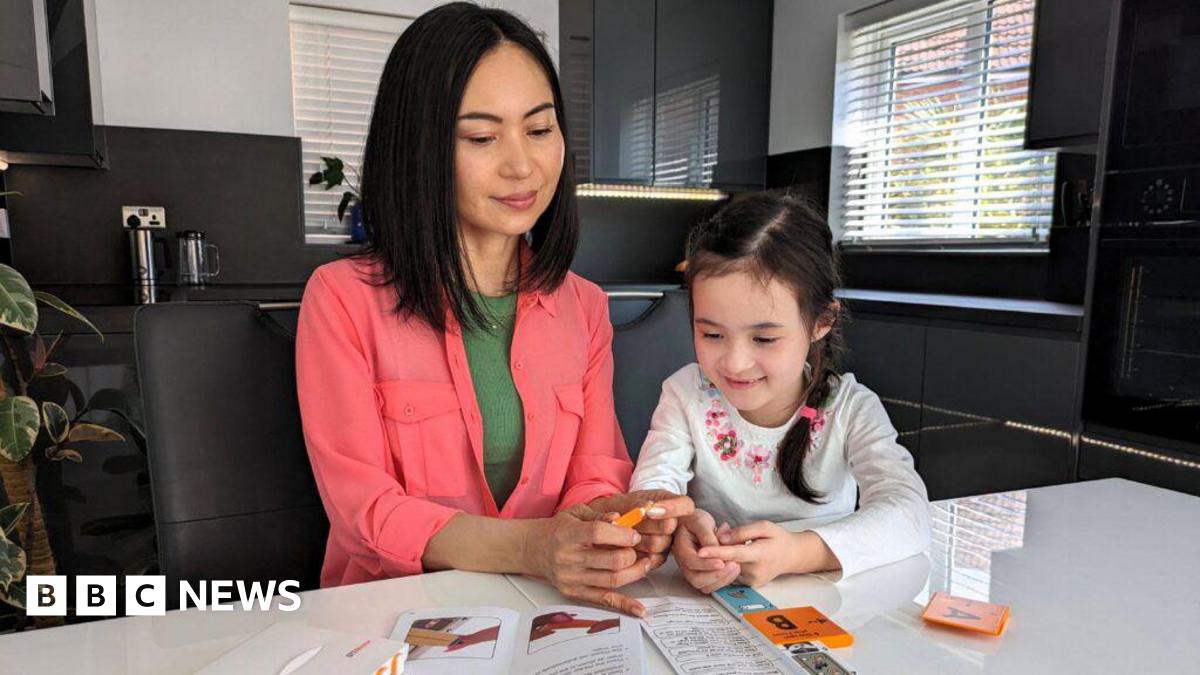At-home type 1 diabetes testing for children probed in UK study

GTT@home is an oral glucose tolerance test (OGTT) that uses finger-prick blood samples to measure how well the body processes glucose.
The kit contains the test device, a finger prick, a preformulated glucose drink and detailed instructions.
The glucose drink is consumed after the initial finger-prick blood sample, with a second blood sample taken two hours later.
The test has been developed by British digital clinical diagnostics and diabetes home testing provider, Digostics.
The researchers said that with standard hospital-based OGTTs, children have to fast overnight, travel to a clinic early in the morning and undergo two blood draws.
But the home device “immediately analyses both blood samples and shares accurate and timely results directly with the study teams.”
The team said it had been shown to be “as accurate as hospital-based OGTTs when used with adults.”
The test has already been successfully implemented at NHS trusts in Southeast England for the screening of gestational diabetes in pregnancy, with more than 2,500 women screened since its launch in February 2024.
Type 1 diabetes is the most common childhood autoimmune disease, affecting around one in 350 children.
Researchers said that in around 40% of children diagnosis was not made until the child was in diabetic ketoacidosis (DKA), a life-threatening complication.
Dr Swaby said that even though early diagnosis of type 1 diabetes relies on OGTTs, “we know these tests are not well tolerated, especially by very young children.
“At-home testing could be a major breakthrough for reducing the burden of testing.”
Related
Youth football teams hold minute’s silence for 10-year-old Poppy Atkinson
Youth football teams and grassroots clubs across the country have held a minute’s silence at the start of their games to commemorate a 10-year-old girl who di
Girl’s death sparks minute’s silence at football matches nationwide
10-year-old Poppy Atkinson was killed when she was struck by a car during a training session at Kendal Rugby Club in Cumbria. Clubs from Leeds to London
Liverpool fans’ Uefa claim can be heard in England, judge…
The high court, sitting in Liverpool, heard Uefa had relied upon the principle that English courts will not inquire into the legality of actions by foreign gove
Alan Shearer’s Premier League predictions including Manchester United vs Arsenal
Caption: Alan Shearer?s Premier League predictions credit: Getty / Metro After some impressive results for English sides in Europe the focus is












